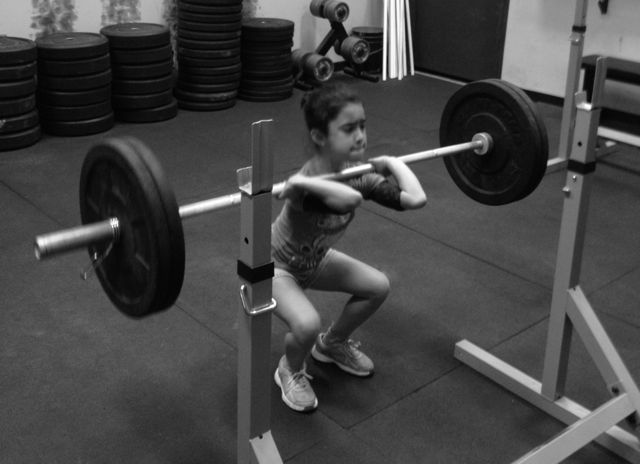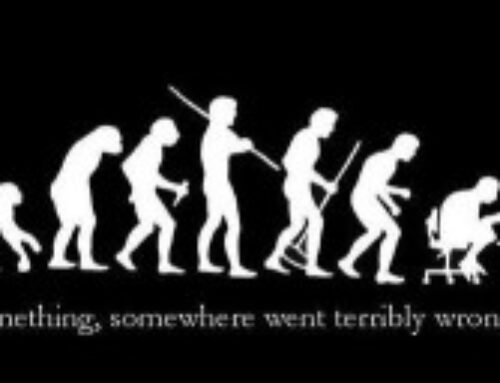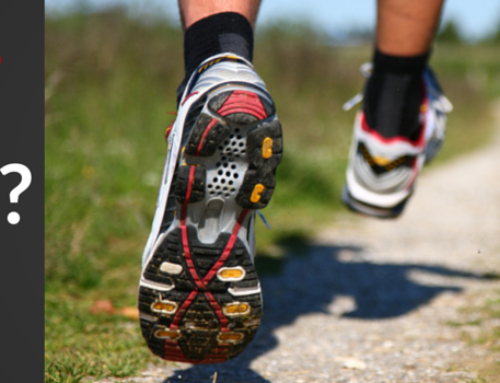When I speak to the parents of prepubescent kids and kids going through puberty I get asked a lot of questions. One question/comment that stands out to me as the most common thought from the parents is, “my kid shouldn’t be lifting weights, it is too DANGEROUS and they are not done GROWING yet.” Now to the person that just sees lifting weights as the stereotypical meat head-ish driven, literal just lifting of weights, I can see how this statement or thought comes across their mind. Here I will give you some information as to why lifting weights can provide much more than just the effect of making bigger muscles but also a bunch of other awesome by-products that are priceless when it comes to sport and life in general. Here are some of the main topics I like to discuss with parents that are apprehensive to allow their child to strength train.
Point 1
A big concern from parents is the thought that lifting weights will stunt their kids’ physical growth. To actually stunt a kids’ growth you have to do some serious damage to the physis, commonly known as the growth plates in the bones. For this to happen the person administering the workout program would have to throw out all good judgement and experience when it pertains to technique, loading, intensity, and frequency just to name a few. An experienced strength coach can properly appropriate all of those variables so there is little to no issue with negative side effects from the training, and certainly nothing that will lead to the child not reaching their full genetic potential when it comes to bone structure and height. Sometimes people will rebut with, “but look at how short gymnasts are Kyle, and I see so many big strong muscle guys that are relatively short, this must have been from lifting too much weight or training too hard too soon.” This thought couldn’t be further from the truth. Saying that is kind of like saying to a basketball player, “wow, basketball must have made you really tall!” and most people know this is a silly comment to make but don’t use the same logic when it comes to other sports and/or body types. Most high level gymnasts (or ones that continue after puberty) were already going to be the height they got to, it is just that either someone at an earlier stage in their life (someone with experience in said sport, like gymnastics or powerlifting) saw the potential the person had cause they had the body type of many great high performers in said sport. Just like when you see a super tall kid in high school and someone tells him he’d be potentially good at basketball and he goes and does just that, the same applies to the young gymnast. Someone saw the body type (maybe even knows what the parents genetics are like) and says, “Hey, you have the perfect body type of this sport, let’s make you a champion.”
Point 2
Now if parents understood force production and transfer they would understand that when your kids play sports they are already lifting weights, even though you don’t see weights in their hands, on their back or attached to their body somehow. But I promise you when your child sprints down the football field for a huge tackle, or a huge block off the line, or is fighting for a puck in the corner, or is frantically changing directions in a badminton match, or is jumping as high as they can, such as in a basketball game, they ARE lifting weights. The gym is this nice place where we can control as many variables as possible to achieve a certain goal. When it comes down to the meat and potatoes of all sports and lifting weights, it is all about force production and force transfer from the ground, through the body and into whatever player or implement the person is trying to exert their will upon ( this could be anything from overcoming gravity all the way to pulling an eighteen wheeler). So when the basketball player is jumping plyometrically to make a play, or a football player is fighting for position on the line against an opposing player or two, or when the badminton player is changing directions with tons of vigor countless times in a match, you better bet your bottom dollar that a scientist could come in and measure the amount of forces exerted in whatever plane of motion the player is being stressed in. You could then equate that to a certain load. I am not saying to teach prepubescent kids to lift maximal weights but teaching kids how to properly lift weights and coordinate movements that they have to perform in any sport (squat, bend, lunge, push, pull, twist, and any form of gait. Also the complexity of any combinations of those movements) is highly beneficial. Teaching them how to coordinate these movements in a controlled environment such as a gym with an experienced strength coach will seriously advance their game. If a child learns how to squat properly and is eventually given load to overcome and can coordinate that well, the amount of force production, transfer and all around resiliency will go up giving them a potentially higher jump, faster sprint, etc compared to that of their opponents.
Point 3
Now I want to finally talk about the mental and physical resiliency by-product kids receive after sometime of lifting weights. On the mental resiliency side of things, if a kid is taught by an experienced strength coach they will slowly be taught to push through what were at times mental barriers (this could be via technical breakthroughs or getting through a tough set or setting a new personal record and many more). The child will be able to learn from this and call upon when their “back is against the ropes” in whatever sport they play. Thus giving them an easier time digging deep to overcome more than what their opponents can overcome. When a kid has a bad day in the gym and nothing goes the way they wanted and they feel weaker than normal and then come back the next day and have a much better performance, something awesome happens. They learn to take that experience onto the field with them and even if they lose on a play or a game or even a season, they can know that there is always the next play, game or season to make it better and learn. This level of mental resiliency is needed in all sports and in life in general because at sometime we will all be pushed down onto our asses and beaten, but do you know what to do at that point and how to conduct yourself at that point. Learning to lift weights as a kid can give you a head start on most of the people in your generation, whether through sports, school, and/or future employment. The physical resiliency side of it comes from the adaption process the body and all the connective tissue goes through during training in a controlled environment. An experienced strength coach will not only train their athlete to be resilient in “optimal positions or planes of motion” but also in “less than optimal positions” (progression is everything!! and when I speak of stressing “less than optimal positions”, that statement couldn’t be more true) so that WHEN, not IF, but WHEN the athlete is exposed to the less than optimal position in said sport their bodies are more ready to take the beatings and essentially just roll with the punches with much less chance of injury.
Final Point
I keep repeating either good or responsible strength coach or trainer because it really does make all the difference. The outcome can be the complete opposite without an engaged, experienced, and responsible strength coach. The gym is the most controlled environment possible. The main variables at play are the athletes’ brain and the inanimate object (barbell, medicine ball, etc) with little to no room to get hurt. On most playing fields or courts you have at least one other players brain to worry about (for example: is my opponent going to try to outrun me, cut me off, take my legs out, just play the ball, hit the ball down the line or make me change directions again) any one of those decisions can have a different outcome on what your athlete does or how they react. All of this ups the chances of injury, so in all fairness, the gym under proper supervision is always the safest place for the child athlete to train. If a child athlete is shown and given the tools to learn and what to learn from specifically, the gym and lifting weights can be one of the smartest and rewarding decisions you and your child have EVER made when it comes to every aspect of their life.



